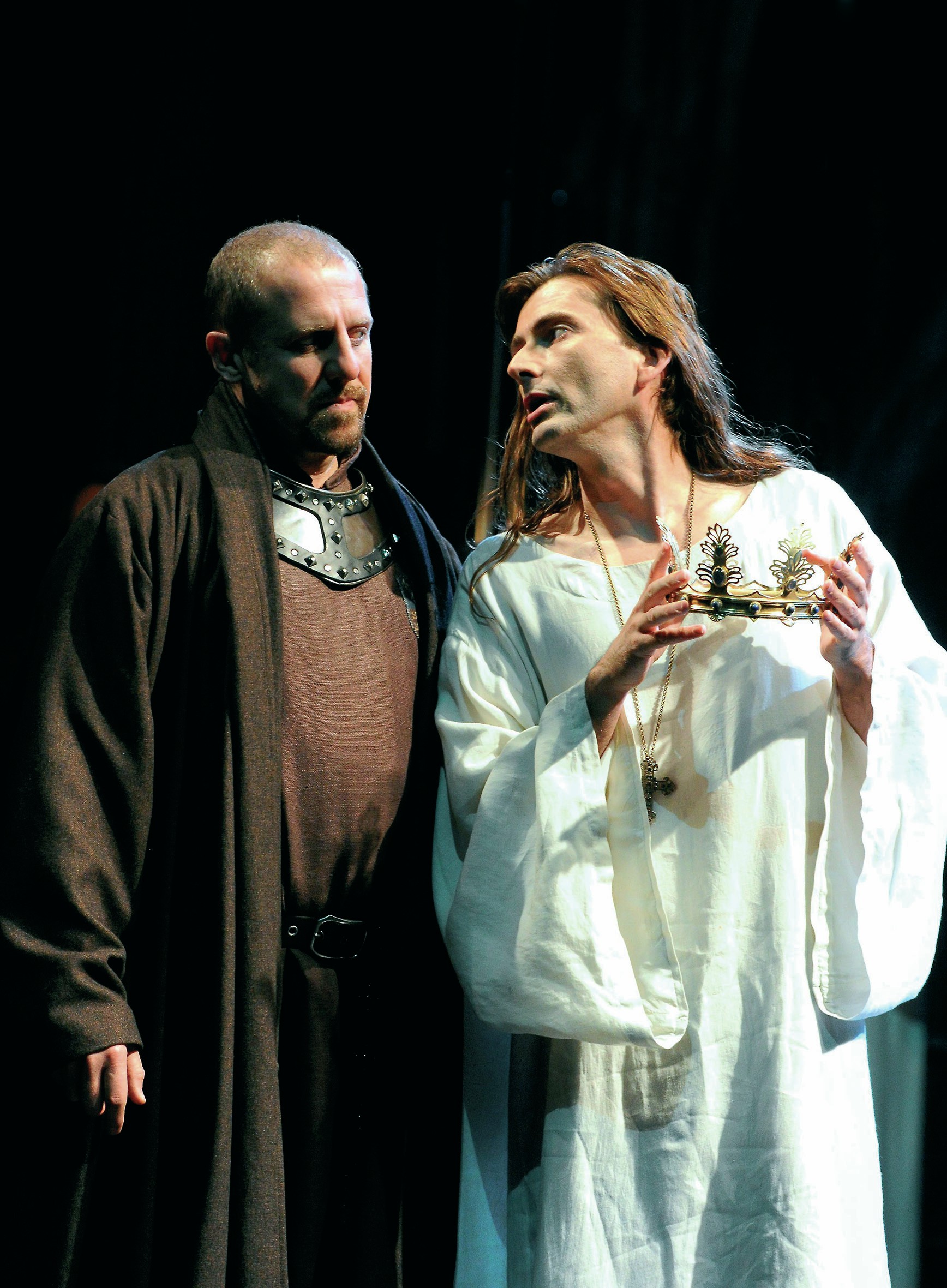
All boards: Renaissance drama
Time and again, and especially in moments of personal or national crisis, the British imagination seems drawn to the geographical edge of Britain itself: its coast. During the Second World War, the coastline became Britain’s front line. Dover’s cliffs became a symbol of British defiance and of Britain itself in Vera Lynn’s 1941 hit song ‘(There’ll Be Bluebirds Over) The White Cliffs Of Dover’. Winston Churchill famously vowed that ‘we shall fight on the beaches, we shall fight on the landing grounds’ in a speech to the House of Commons on 4 June 1940, after the Dunkirk evacuation and as France was about to fall, leaving Britain alone to face the possibility of Nazi invasion. With Britain and its empire teetering on the brink, comfort might be drawn from seeing the surrounding sea and/or the coastline itself as an impregnable rampart.
Your organisation does not have access to this article.
Sign up today to give your students the edge they need to achieve their best grades with subject expertise
Subscribe




